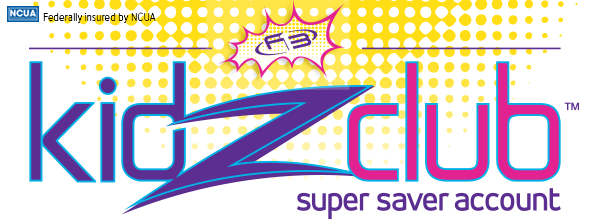Money Might Not Grow on Trees, but it Magically Pops Out of an ATM: The Challenges of Creating Financially Aware Children in the 21st Century

08-04-2015
“Money doesn’t grow on trees.” When families were physically closer to the actual growing of the foods they ate, this statement was uttered by countless parents trying to instill financial responsibility in their children. They also listened to records, composed hand-written letters, and checked their facts by looking at encyclopedias.
Clearly, we are in a different time. Parents will always want their children to make sound financial decisions, the reality of how money works has never been more abstract. With cash magically popping out of ATMs, bills being paid electronically, and purchases being made with the wave of a smart phone; teaching kids the value of money is trickier than most busy parents make time to explain.
Still, there are things you can do to help make money management - and the impact of handling it wisely - part of your child’s journey to adulthood. We strive to make sure our children are literate; not just because reading is fun, but because it is critical to success in so many other aspects of the life. The same should be said for innumeracy: a fancy word for illiteracy but with numbers. Having a strong foundation of number skills will build confidence in many aspects of their adult lives including mortgages, grocery shopping, college loans, etc.
Below are some tips to help get your kids to start building a strong foundation of sound financial decisions for a lifetime.
1. Learn to make change.
Every time you pay with cash, have your child do the math with you to figure out what change you should get in return. Even from an early age this will help them learn several things. First, that you exchange money for goods. Second, that getting change back is part of the process. How many times have you seen a kid pay for something with a $5 and then say, “I don’t need the change.”? And third, even when people have the best intentions, math errors are made. Learning to always check shows that money - even change - has value.
2. Give them their own money.
As Janet Bodner so wisely explains: “They’ll spend an unlimited amount as long as it’s yours.” Giving a child their own money and only general advice on what to do with it will provide opportunities to learn about saving, comparison shopping, and even wants versus needs. Treat it like their paycheck: make consistent payments at regular intervals, so they can plan and know what to expect.
3. Show them how financial services work.
Imagine if you had never been to a library before: the whole process of finding a book of interest, obtaining a library card, and finally checking out a book might be very confusing. But once you’ve got it figured out, the library can be a pretty amazing resource. The same can be said for a financial institution. Opening up a savings account for your child, and exposing them to the process of the way money is handled at a bank can be a great way to make them feel comfortable with the idea of money management and the tools available there.
4. Provide Incentives
Learning financial responsibility is hard work; just think of how many adults still struggle with it. Having incentives will go a long way in getting your child to stick with it while she learns the process. This can be executed by offering matching or a bonus when she hits certain targets. Even something as simple as recognition when they manage to save will make a difference. For example, “Hey Daddy, guess who put $5 in their savings account today? Way to go, Billy!” We all want recognition for our hard work. Kids learning to forego immediate gratification to save for something bigger is no different.
That’s why at First Basin we offer the Kidz Club account. With an opening balance of as little as $5, we give kids the tools, incentive and recognition to foster healthy savings habits that will last them a lifetime. Kids will be given a “bonus” for hitting financial goals, recognition with each deposit, and lots of other cool stuff. Come in any branch today to open a Kidz Club account for your child, and let the savings begin!
Recent Blog Articles
- A solid Foundation During a Rocky Time
- Focus on your health wellness
- Credit Union Myths are Confusing to Consumers
- New Year, New You!
- Santa Clause IS coming to town... plan for 'ole St. Nick!
- 2019 Adopt a Star
- Credit Unions 101
- Let's Talk Checking and Savings...
- Should I Refinance?
- Superhero Finances 101: Credit Reports and Credit Scores



